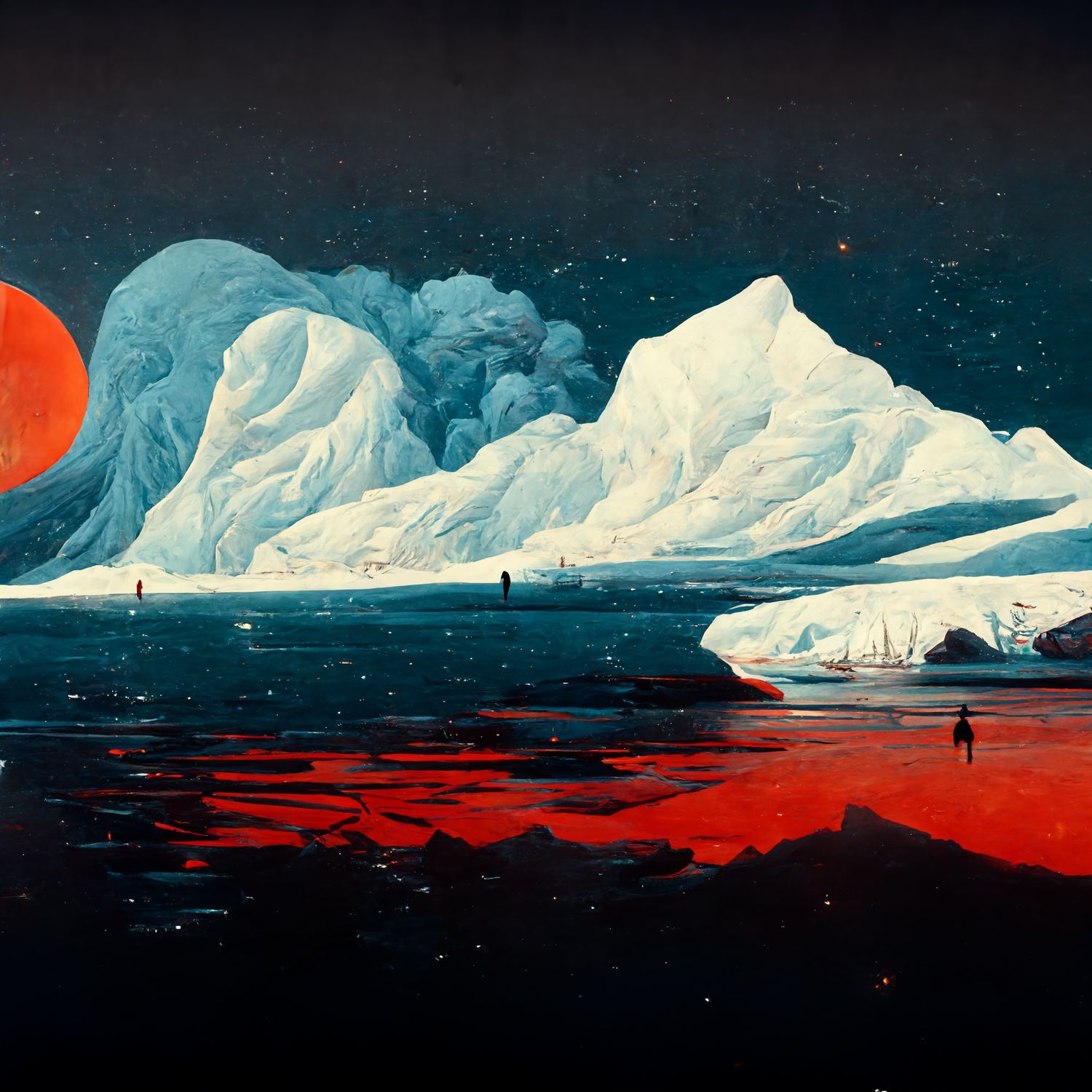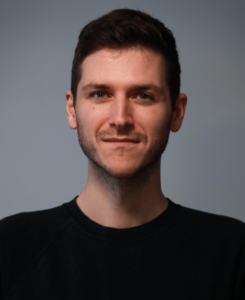I had an experience in November of last year that to this day is hard to place. It certainly informs many of my decisions and still has an impact, even if that impact is difficult to grasp.
The Premise is Simple
I had been trying to figure out a way to live. I was looking for a small but significant set of principles I could use to guide my decisions and understand my failures. I was at a point where the way I understood my own humanity constantly led me to frustration, I could not do my own ambition justice. Everything I did seemed insufficient.
One of the big myths I managed to dismantle was that perfection is attainable. This expectation is inhuman by definition, leading to disappointment and pain. Placing this problematic thought pattern within the larger fable of hypercapitalism led me to understand that even though this system was build to maintain itself rather than human interests, it had brought me much prosperity and comfort.
At the time I was visiting my family, sitting comfortably in my childhood room, staring out the window into the garden. The wind made the trees dance, as it usually does. These living monuments that burst forth from the earth, they had no quarrel with any of this. They merely exist as a witness to it all.
As I watched the leaves fall, I felt something that I could only describe as a pain so great that it must have been the pain of the world. It could not have been my own. It was too great. It had to be everyone’s. This note is my attempt at describing what this felt like.
Thinking about it now, I believe this is an experience accessible to everyone if you just contemplate long enough on the collective suffering required for us to live the life we do.
Everything, even the very cotton silk pullover that kept me warm that autumn afternoon, contains within it the blood and sweat of countless others. Of course, the idea that our wealth is build on the pain of others is not new. Arguably, this is what our world is built on. It has always been that way. Others bleed for your wellbeing.
Nowadays, it is hidden in plain sight. You could go a lifetime without ever even thinking about it. However, ruminate on this fact for too long, and you will feel that accumulated pain. When something is too good to be true, it probably is. In hyper capitalism, everything is too good to be true.
Attempts and Outcomes
The experience left me in shambles, not because of the pain itself, but because of my reluctance to change. No matter where my mind raced, everything seemed contaminated with pain and guilt. Looking at the grander narrative of our species, I realized that this was never going to change. Our capability for wrong is just as great as our capability for right.
I had to come to terms with the fallibility of the human condition, not just for humanity as a whole, but with my very own, personal ability to fail.
The power of the human spirit lies in the attempt, our ability to try, regardless of the outcome. I realized that accepting the outcomes of my actions for what they were allowed me to try again. This created a big shift in my decision-making. If I was ready to accept the outcome of my actions, even if the worst nightmares of my failures materialized, and retain the required humility, even when things went exceptionally well, then there would be no roadblocks to my humanity. I could be who I was.
This framing has made a significant difference in how I look at the rights and wrongs of the world, as well as my place in them. However, as the months went by, something interesting emerged, a paradox that manifests as we live our lives mustering up the courage, trying and trying again to be better.
The Human Dynamic
Understanding that I, as a human being, will fail just as much as I’ll succeed led me to generally have more empathy towards myself. I developed an ability to forgive myself for my shortcomings.
Acceptance is about being at peace with our current circumstances, despite their sometimes unsettling nature. But then what force should lead me out of that stage to try again? Why should I try to make things better if I’m accepting of my failures?
There seems to be a dynamic between striving and being, which serves as the primary driver for human action. We need to be able to imagine a better world to attempt to build it in the first place. And that vision drives us to action. But if we focus on the less-than-perfect outcome, the resulting frustration can lead to inaction.
Perfection is to be forever approximated, never achieved. And the displeasure from a perfection not achieved should never lead you into the false belief that you have performed under your human capabilities. In fact, if you have tried to approximate perfection, you have done all you could as a human being.
Acceptance should never lead to inaction, to complacency with your life or the world. Rather, it should remove the key negative frame around your humanity that has stood in your way. Acceptance facilitates action.
Even so, the paradox remains. How can I be and strive at the same time? I don’t yet have a full answer. Even perfection, if understood as a vision to approximate, rather than as the only valuable outcome, can be a useful driver to action. We seem to need some of that.
I tend to the dynamic between being and striving like I tend to a garden. I give both sides just enough space to lead me to greater action, without the crippling fear of failure standing in my way.


